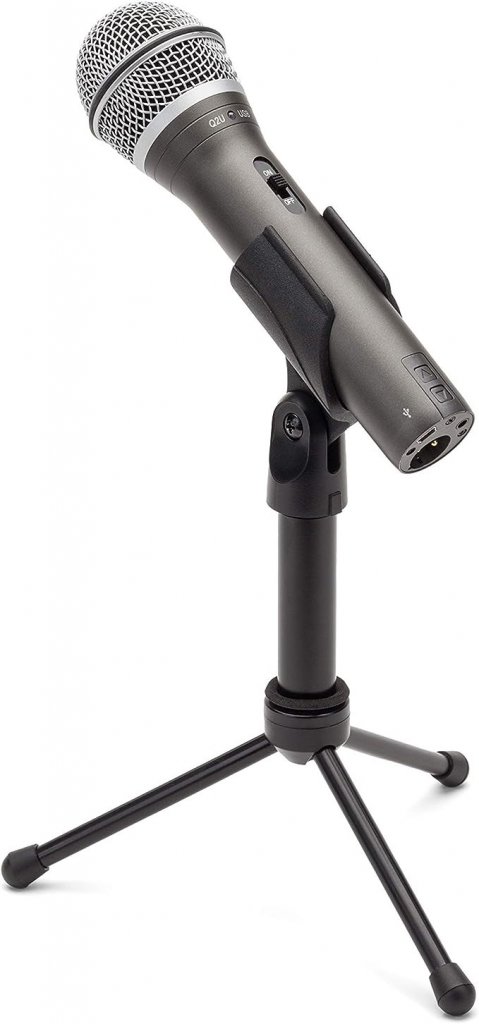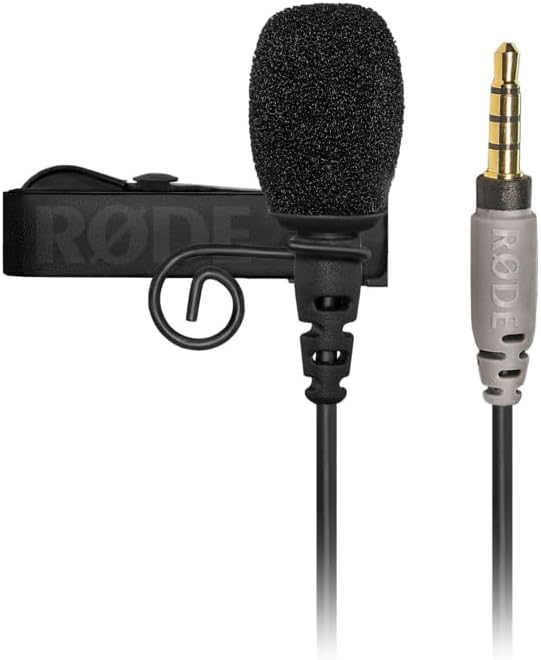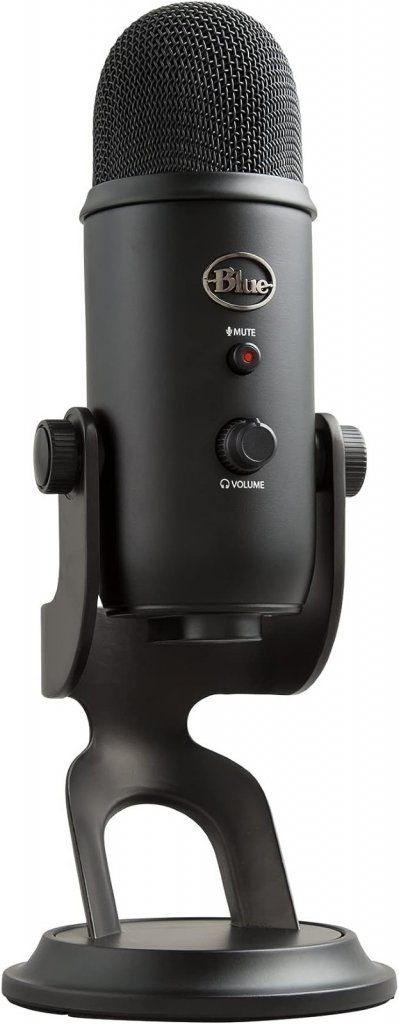Have you considered starting a podcast? Or are you just looking to sound better during a virtual call with friends or colleagues? Well, you’ve come to the right place. Here at Lioness, we believe that everyone should have their opportunity to be heard—with our microphone recommendations, you can be!
Why you want to invest in a good microphone
There are a couple of good reasons, but the main one is your audio quality. Your podcast (and voice) will sound more professional on a decent microphone than your headset mic or the one built into your device. Additionally, the microphone captures and digitizes your voice so people can listen to you anywhere on the web.
Here are some questions to consider when buying a microphone:
- How many voices are you recording?
- The number of people you want to record can help you decide what setup you’ll need. If you’re going to do more solo projects, a simple USB mic should do the job. The more voices, the more complicated your setup might be, and you might want to look into different audio interfaces to suit your needs
- USB vs. XLR?
- This refers to the type of cable the mic uses. XLR mics are thought to be more professional than USB, but many USB mics can be considered just as good in today’s world of microphones. An XLR mic will need other equipment to run, such as the interface mentioned above, but USB mics tend to work on their right out of the box. USB mics offer limited control, so that’s something to consider when buying multiple microphones for a single setup. Some microphones have both cables, so you can get the best of both worlds!
- Condenser vs. dynamic?
- The main difference between these two is how they record sound. Condensers are known for clearer and more crisp sounds, but they are at risk of distortion, unlike their dynamic counterparts. Dynamic tends to be sturdier and less likely to pick up unwanted background noise from neighbors or people in the next room.
Here are our microphone recommendations!
Heads up: some of the links below are affiliate links. If you click on one of the recs and make a purchase, we may earn a commission at no extra cost to you. Thanks for supporting Lioness!
TONOR USB Microphone
Price: $46.99
This is a great starter microphone. It’s low-cost and has a USB cable, making it very approachable for those just diving into their podcast journey. It comes with a foldable stand and detachable shock absorber, helping you catch recordings with as little background noise as possible.
MAONO Plug & Play Podcast Condenser Mic Kit
Price: $61.99
This mic is great if you want to be able to adjust your mic to your liking. Though it is slightly more expensive than the previous microphone, it’s still a low-cost choice. It’s also another USB microphone that uses a condenser to have clear audio recordings. It includes an attachment to help isolate sound and deflect background noise.
Samson Q2U USB/XLR Dynamic Microphone
Price: $126.24
This versatile microphone can grow with you in your podcast journey. With its ability to be USB and XLR, you can begin with it attached to your computer, but as you grow and maybe invest in an interface, switch the mic over to XLR. With its dual output, you don’t have to worry about batteries dying or a device crashing—you’ll still have a copy of your session.
Rode SmartLav+ Lavalier Microphone for Smartphones
Price: $68
This microphone is specifically designed to work with smartphones. This isn’t one we would recommend for your regular podcast setup, but it’s great for on-the-go interviews. With its small size, it’s perfect for keeping on you in case you run into someone you’d like to interview at an event, coffee shop or even on the street. It can also be paired with different adapters to work with your mobile setup.
The Blue Yeti
Price: $129.99
This is one of the most popular podcast microphones on the market. It comes in various colors and has a compact and aesthetic design. It also uses a USB, making it easy to set up and a great mid-tier choice for those with a larger budget.
AKG Pro Audio Lyra Microphone
Price: $155
This is like the Blue Yeti. It offers a slightly better sound quality, but it isn’t as easily accessible as the Blue Yeti. It’s also a USB microphone, so it’s easy to set up if you manage to get your hands on this mic.
The Shure SM7b Microphone
Price: $399
This XLR microphone is top-of-the-line, but that comes with a trade-off. Top-tier means that it’ll need a proper professional set up and it’ll pick up every sound, so proper microphone etiquette is a must. If you can do all that, the microphone is a great option.
These have been our microphone recommendations for those who want to get into the podcast scene (or just sound better over Zoom). If you like looking at different shopping guides, check out last winter’s gift guide here!













Add Comment